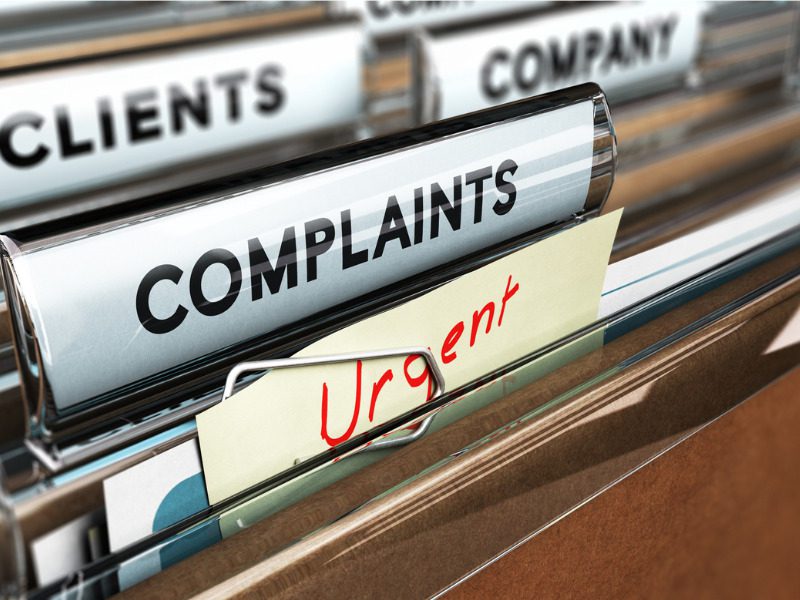How brokers can protect clients from ESG and DEI claims risk

Brokers placing directors and officers (D&O) insurance coverage should recognize the growing importance of how private company clients manage both environmental, social and governance (ESG) and diversity, equity and inclusion (DEI) concerns.
Those issues are of increasing concern to the clients themselves, and the insurers providing D&O coverage.
Regardless of a client company’s size or industry segment, many different things can now fall under the ESG definition, Catherine Lanctot, senior vice president and national leader of the financial services group at Aon told Canadian Underwriter.
Which means underwriters will look closely at what plans insureds have in place.
“The most important thing is not just to have an ESG plan, but to execute on it. The underwriters will be focusing on the execution,” she said. “[While] governance has always been top-of-mind in terms of underwriting of D&O policies, now ESG will be part of the conversation at a different level, depending on if you’re talking to oil and gas clients, or if you’re talking to professional-services [firms].”
Before COVID-19 lockdowns, in-office work environments made it easier for companies to maintain consistent human resources practices and documentation, which helped foster equitable workplaces.
“You start shifting that to four different locations without a centralized human resources environment, or 20% of them being virtual…[and] managing that employee base has become way more complex,” said Dane Hambrook, head of specialty products at Zurich.
“And that complexity is what drives behavior and a lack of understanding – and claims eventually.”
Lawyers, meanwhile, are seeking ways to bring client actions that could impact employment practices liability (EPL) coverages, noted Michael O’Connor, assistant vice president of tech/cyber and professional lines at Sovereign Insurance.
Depending on the company, EPL can be a component of D&O or written separately. “If there are layoffs or severance [a lawyer may be] looking at these DEI issues where they believe they can leverage that against the organization in a suit,” he said.
As a result, insurers want to know if company boards are aware of any ESG and DEI issues that might exist within their organizations, and whether the insureds are allocating resources to address them through ESG committees or diversity committees.
“If we see [an economic] downturn in 2023, and there’s an increase in layoffs or bankruptcies, [then] if some of these governance issues are not addressed, [that] can lead to both EPL and D&O claims,” O’Connor added.
Further, insurers want to see clients improve and evolve their diversity standards.
“That is vital in this environment,” said Hambrook. “[DEI] has to be transparent [and] part of the corporate governance process at this point.”
This article is excerpted from one that appeared in the April print edition of Canadian Underwriter. Feature image courtesy of iStock.com/olm26250



